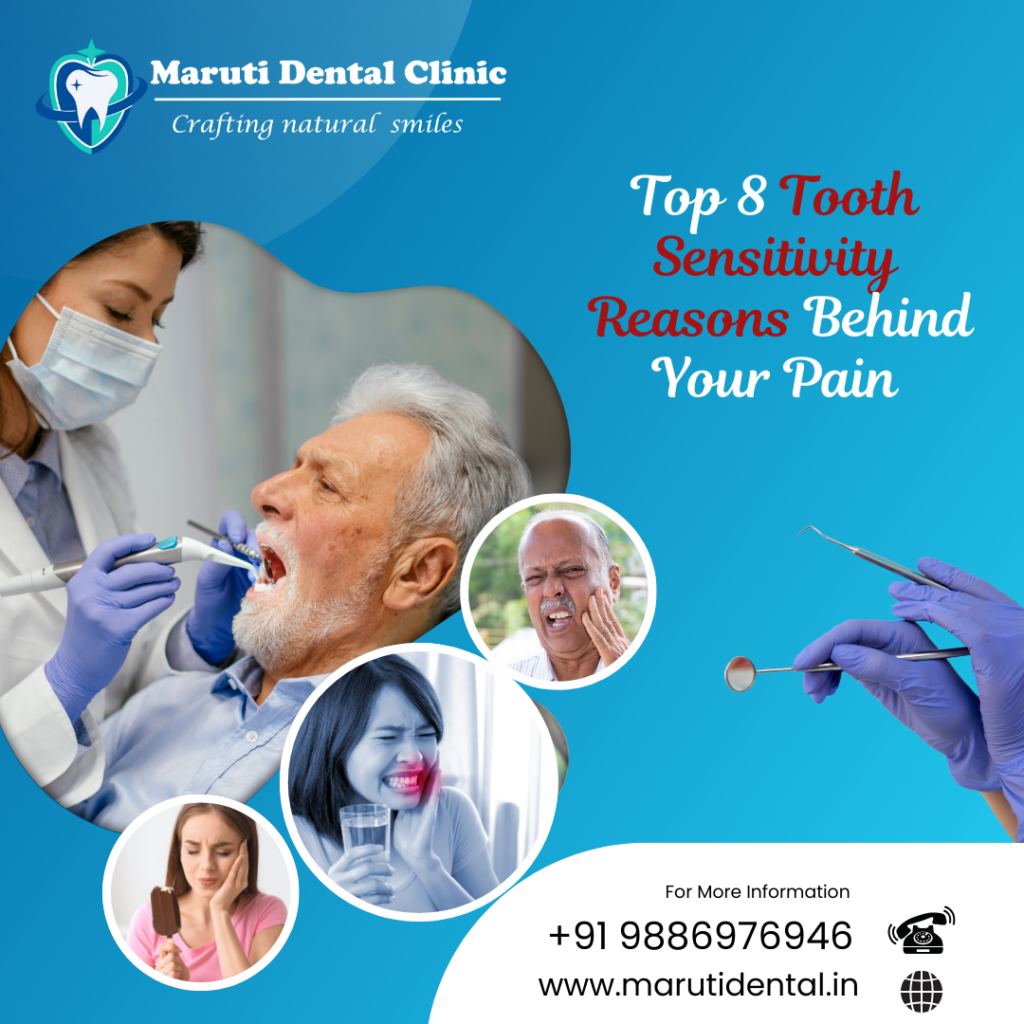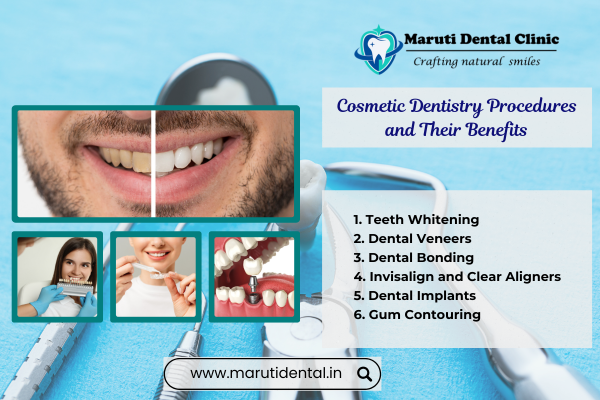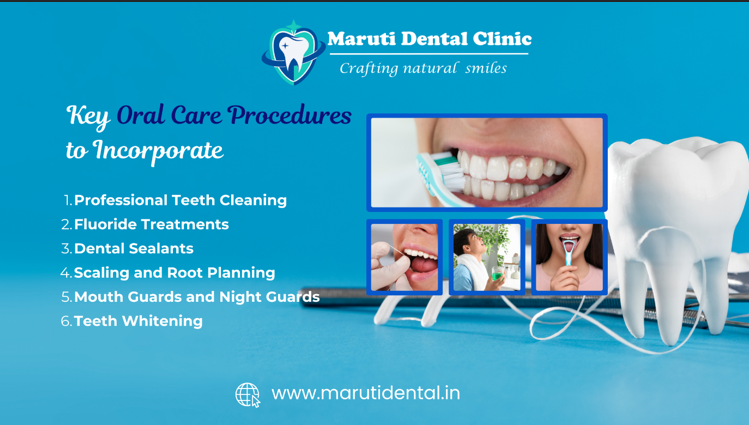Dental sensitivity can disrupt your everyday life, turning a pleasing moment like sipping a hot cup of coffee or biting into an ice cream cone into an unpleasant experience. While this can look like a minor inconvenience, sensitive teeth often signal underlying dental issues that need attention. Understanding the reasons of tooth sensitivity reasons can help you address the problem and regain your comfort and confidence.
In this weblog, we explore the top 8 tooth sensitivity reasons, the way to remove soreness, and solutions to frequently requested questions about tooth sensitivity management and prevention.

Top 8 Tooth Sensitivity Reasons
1. Enamel Erosion
The enamel is the protective outer layer of your teeth. Over time, it can wear away due to:
- Consuming acidic meals and drinks which include citrus fruits, soda and alcohol.
- Brushing enamel vigorously with a stiff toothbrush.
- Teeth grinding (bruxism).
When the teeth thin, the underlying smooth dentin turns into uncovered, leading to pain or soreness.
2. Decay of teeth
Decay of teeth is one of tooth sensitivity reasons in which cavities caused by plaque buildup and poor oral hygiene can cause tooth sensitivity. As decay progresses, it exposes the interior of the enamel, causing soreness when eating or drinking warm, clod and candy matters.
3. Gum Recession
Gum recession is a commonplace issue as a result of root canals or fallacious brushing strategies. When gums recede, they expose the tooth roots, which lack protective enamel’s making it greater susceptible to inflammation.
4. Dental techniques
Recent dental remedies consisting of fillings, crowns, or tooth whitening can temporarily tooth sensitivity reasons. While this is normally now not brief, chronic sensitivity can imply a hassle with the method or an underlying circumstance.
5. Cracked or Chipped Teeth
Physical damage, such as cracks or chips, exposes the tooth’s inner layers or nerves, leading to sharp pain or sensitivity. These injuries can worsen if left untreated, potentially resulting in infection.
6. Brushing Too Hard
Using excessive force while brushing damages the enamel and irritates the gums, contributing to tooth sensitivity reasons. It’s essential to use gentle, circular motions with a soft-bristled toothbrush.
7. Acid Reflux or eating disorders
Health conditions like acid reflux or bulimia expose teeth to stomach acid, eroding the enamel and causing tooth sensitivity reasons. Addressing the root cause is crucial to prevent further damage.
8. Vitamin Deficiency
Deficiencies in calcium, vitamin D, and vitamin B12 can weaken teeth and gums, making them more prone to sensitivity. A balanced diet and proper supplementation can help maintain oral health.
How to Stop Sensitivity in Teeth?
Stopping tooth sensitivity involves a combination of professional care and preventive measures:
Use a Desensitizing Toothpaste
Specialized toothpaste for sensitive teeth blocks the pain signals from reaching the nerves. Consistent use over time can significantly reduce discomfort.
Use proper oral hygiene
- Brush gently twice a day using a soft-bristled toothbrush.
- Floss your enamel each day to cast off food debris and plaque between your enamel.
- Avoid toothpastes that may harm the teeth.
Limit Acidic Foods and Drinks
Reducing your intake of acidic items prevents further enamel erosion. If you are drinking, rinse your mouth with water afterward to neutralize the acid.
Consult Your Dentist
Persistent sensitivity might also require expert treatments consisting of fluoride varnish, dental bonding, and dental implants. Your dentist can offer you with the right solution depending on the severity of the trouble.
How can a toothache be removed?
Tooth pain caused by sensitivity can be managed with the following strategies:

- Rinse with Salt Water
Salt water rinses can soothe infected gums and decrease the pain. Mix 1/2 a teaspoon of salt in warm water and swirl around your mouth for 30 minutes.
- Apply a Cold Compress
If the pain is due to infection, cold can be carried out to the affected area can reduce swelling and numb the pain.
- Over-the-Counter ache relievers
Over-the-counter painkillers, which include ibuprofen, can assist relieve temporary toothaches. However, this has to not update professional dental care.
- Seek Immediate Dental Attention
If the pain persists or receives worse, it could indicate an extra critical problem, such as a contamination or a rash. Contact your dentist without delay for a thorough examination.
What Deficiency Causes Teeth Sensitivity?
Vitamin and mineral deficiencies can seriously affect oral health, inflicting sensitivity and different dental troubles:
- Calcium deficiency:
Calcium strengthens tooth and bones. Inadequate calcium consumption weakens the enamel and will increase the threat of sensitivity and harm.
- vitamin D Deficiency:
Vitamin D is wanted for calcium absorption. Inability to reach the teeth can cause susceptible gums and extended sensitivity to dental problems
- Vitamin B12 Deficiency:
B12 is crucial for healthy gums and oral tissues. A deficiency of this nutrition can motive infection and sensitivity of the gums.
Including foods excessive in these nutrients, which includes dairy, inexperienced greens, fish and fortified grains, can help save your deficiencies, if necessary, speak to your dentist for approximately dietary supplements.
Preventing Tooth Sensitivity
By stopping tooth decay, it may continually be prevented and your oral health maintained:
- Prevent gum disease by using brushing and flossing each day and putting off bandages.
- Visit your dentist often for checkups and professional cleanings.
- If you grind your teeth, wear a night guard to defend the enamel.
- Stay hydrated to preserve wholesome saliva waft, which allows neutralizing acids and release digestive particles.
- Avoid tobacco products which could irritate gum disorder and sensitivity
When to See a Dentist
While occasional tooth put on might not be alarming sufficient, a continual problem calls for expert attention. Visit your dentist too:
- Sensitivity lasts more than a few days.
- Severe pain while you chew or bite.
- Your enamel has visible cracks or abscesses.
- Gums appear swollen, red, or bleed often.
Early analysis and treatment can save you minor emotional issues from progressing to critical dental problems.
Final Thoughts:
Sensitive tooth is a common difficulty that can commonly be constant with proper care and professional guidance. By expertise these top tooth sensitivity reasons and taking the first steps to cope with it, you may guard your oral health and reap a pain-free smile. At Maruti Dental Clinic in Vidyaranyapura, Bangalore, our experienced dental team, led by Dr. Kalpana Vijay, is dedicated to providing personalized care for sensitive teeth and other dental concerns. Contact us today to schedule an appointment and regain your confidence in your smile!



